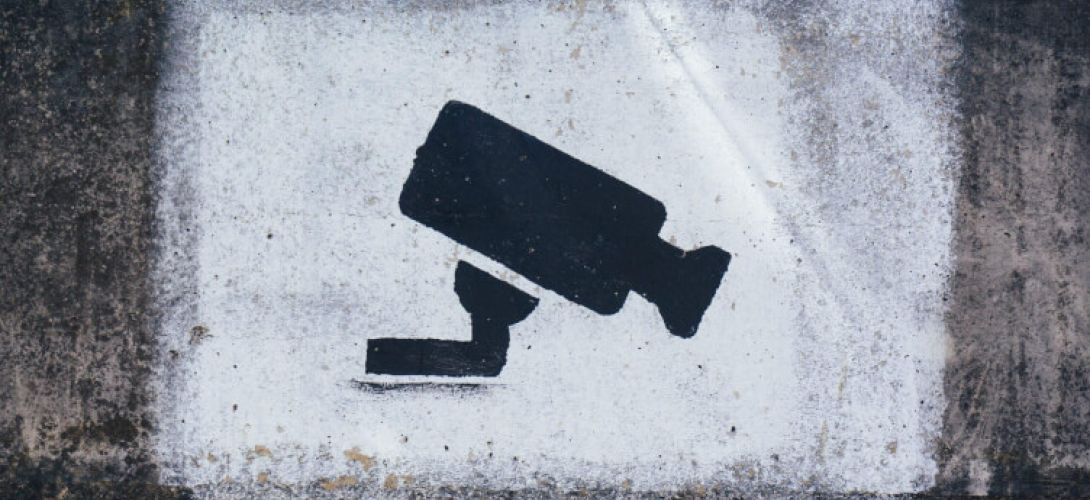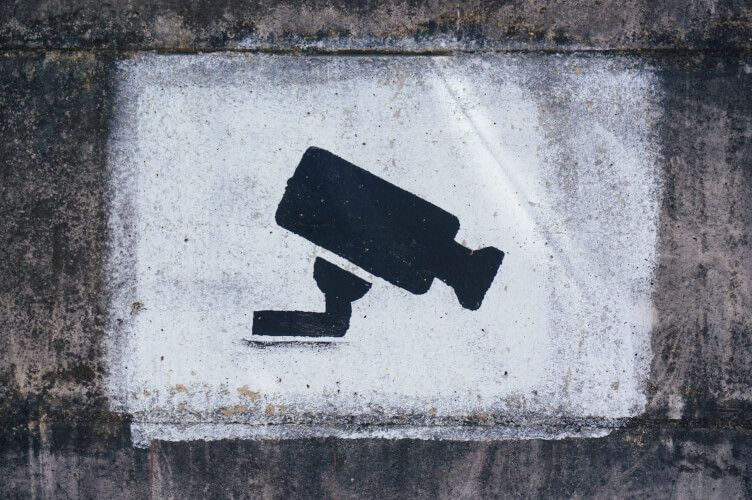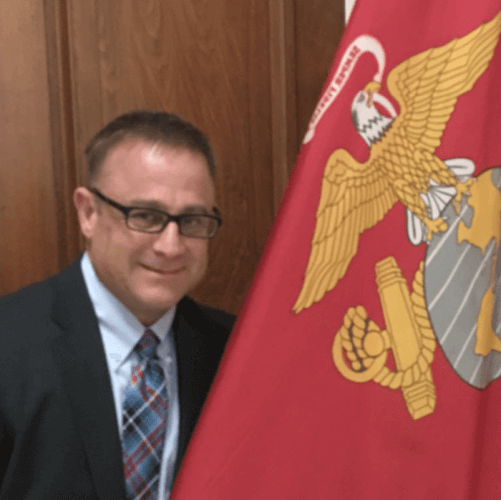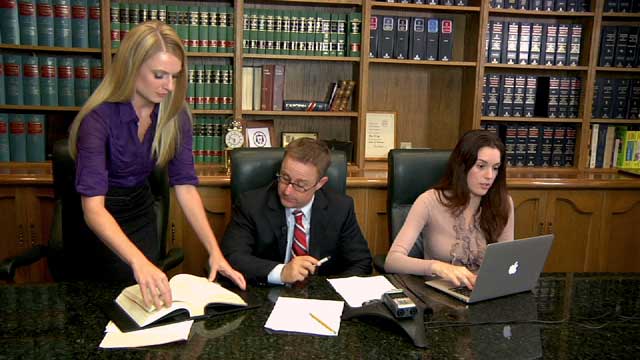
Subrosa – Stopping Fraud Before it Begin

Subrosa – Stopping Fraud Before it Begin
Subrosa Let’s You Investigate Parties
I am Los Angeles personal injury lawyer Michael Ehline. I am an expert in insurance law in CA. I am here to discuss Subrosa as a U.S. injury insurance lawyer. A person called a claim adjuster assists people called insurance fraud investigators who utilize data mining and other tools. The goal of Subrosa is to defeat fraud by investigating and identifying dishonest personal injury plaintiffs. And no attorney wants a client who lies, either.
But dealing with dishonest people remains a shifty, slimy part of life. Not telling the truth and concealing things connected to false injury claims can send a fraudulent personal injury claimant away to prison. Fake Injury, Worker’s Comp, Disability, and Unemployment claims cost the taxpayers millions each year. And this is an issue in California, with its relatively lax crime enforcement.
Also, insurance companies treat every claim as if it were insurance fraud, which is part of their cynical culture. Altogether, companies and taxpayers are on the hook for this public theft. This scheme hurts honest workers putting in their claims. It’s a loss all around. However, this dishonesty is thwarted when practical investigative work prevents many of these issues early in a legal claim. And it is done in a very Perry Mason-like way, using a private eye or a gumshoe!
What is Subrosa?
Subrosa derives from an old Latin term meaning under the rose. The idea is that private surveillance might be able to determine the cause of such a false claim. The opposition sometimes does it through secret filming or audio recording. Insurers are known to sneak hidden cameras and film plaintiffs as they conduct day-to-day activities, like going to the gym when they are supposed to be in bed. Insurance companies use this evidence later to discredit the plaintiff.
Subrosa helps insurers distinguish between several significant differences in the discussion. One can be whether or not a person is bothered by performing a task or cannot do it at all. A variety of evidence clarifies to the court or other attorneys whether or not the claimant lied.
The defense attorney often works with an insurance company’s private investigator, collecting information on the claimant. This investigation gathers data on their daily routine, hobbies, and work. This can add up in bills, but it is a valuable tool.
Moreover, your opponent will share any evidence of insurance fraud with local, state, or federal law enforcement. Most tort lawyers don’t want a case like this, and they will drop the client’s case like a hot potato upon seeing evidence of a client’s falsehood. As seen above, Subrosa is a powerful tool in the covert discovery process. Trustworthy lawyers will demand that their clients level with them about all aspects of their case, agree not to violate a doctor’s orders, etc.
But sometimes, the plaintiff’s lawyers will do separate investigations and discover incriminating images and videos of their client on social media, etc. You must assume the other side already has obtained this information and possibly more. If there is no way to explain it, clients may receive notification that their lawyer can no longer help them. And this is called a “case reject letter.” The moral of the story is that the truth will set you free. Don’t lie. Your lawyer will drop your case, and you could go to prison. Moreover, Subrosa investigations are actual, and they can damn you for life. Go here if you want to learn more about when you can and cannot film in public.
Related Issue – The Video Recorded Deposition
Unlike Subrosa, which is usually secret video surveillance of the plaintiff, there are also legal forms of video surveillance sanctioned by the courts. The video has revolutionized courtroom proceedings, allowing every sound and emotion to appear apparent daily to both judge and jury.
Parties cannot underestimate the power of video recording an opposing party’s deposition. It can serve as a vital portion of your case. Properly conducting a statement recording can impact every stage of your proceedings and be the make-or-break moment.
There are several critical differences between traditional forms of court conduct for attorneys, even if they seem subtle.
These can include:
- Lawyers must make sure that they correctly engage any witnesses. Specific actions, such as heated arguments with those in the case, can detract from the proceedings and turn the judge and jury against you.
- This type of case amplifies the tone of voice, body language, and non-verbal communication. Coming across as condescending, aggressive, or without tact can help sink a case.
- Preparation is key. Making sure that all documents are in the correct order is critical. So make sure the proper passages remain highlighted. All of this makes a difference. Practicing what you will do can be vital– just as on TV or radio, stammering, silence, or confusion can help destroy your point.
Are There Special Challenges For Injury Victim Deponents?
Yes. In some injury cases, in addition to Subrosa, the defense may attempt to video the depo of your client. A few of the challenges faced are clients with neck and torso injuries and movements they make that may cause a juror to feel the damages are less significant. If a client is on pain meds, they may appear not to grimace from pain when they should.
For example, when the doctor hands them a document, they should be wincing in pain. These tips also can be applied to counter-suing defendants, so pay close attention.
Another unique situation has to do with the infamous two-way mirror deposition. Some slick defense firms will send out a recorded deposition notice and notice.
- But when the deponent and attorney arrive, there is a room with an innocent-looking mirror, picture, and a conference table.
- In most videotaped depositions, the person taping the depo is in the same room physically.
- So the attorney knows when the client and attorney are on tape.
Be Careful. You May Be Revealing the Strategy
Always read the notice, and never assume you are not on tape. The attorney could be revealing the strategy and having confidential conversations. The deponent could always pick up heavy folders and objects and record them.
While visiting the defense attorney, the plaintiff’s attorneys should ask, “Are you recording me?” And while at the defense firm’s offices, step outside and whisper if you wish to speak to your lawyer. Defense attorneys may use a two-way mirror so you don’t notice the videographer.
- Your attorney should demand to see the video recording specialist’s credentials.
- The lawyer should also require the defendants to switch off the camera when the deposition is not in progress.
- Otherwise, you may end up with every bit of thing taped so long as you are in the conference room.
Sometimes the defense will invite you to lunch in that same room with your client. So even during recorded breaks, you’re likely on tape. Imagine having snippets of that tape used against you. No thanks.
While these changes and challenges may seem daunting, you can have precise and expert presentations for the court with proper practice and a helping hand. These can become a great asset to your firm and one your clients will appreciate. The reputation gained by using these methods appropriately is another edge you may need in court. Countering Subrosa is done by ensuring your client assumes someone is watching, and taping them is one of the best ways to protect the plaintiff’s case. Sometimes, the deposing party will place the video camera behind a two-way mirror at video depositions.
Often, defendants will leave the camera rolling even when the parties are not taking testimony. For example, the parties will sometimes break for lunch, and the defense counsel will invite the plaintiff and counsel to eat in their surveilled room. Beware, even if it’s not legal, you are probably on tape, and it’s your fault.
To learn more about Subrosa and other video surveillance legal methods, call Ehline Law Firm Personal Injury Attorneys, APLC (213) 596-9642.
Citations:
Categories

Michael Ehline
Michael Ehline is an inactive U.S. Marine and world-famous legal historian. Michael helped draft the Cruise Ship Safety Act and has won some of U.S. history’s largest motorcycle accident settlements. Together with his legal team, Michael and the Ehline Law Firm collect damages on behalf of clients. We pride ourselves on being available to answer your most pressing and difficult questions 24/7. We are proud sponsors of the Paul Ehline Memorial Motorcycle Ride and a Service Disabled Veteran Operated Business. (SDVOB.) We are ready to fight.
Go here for More Verdicts and Settlements.

